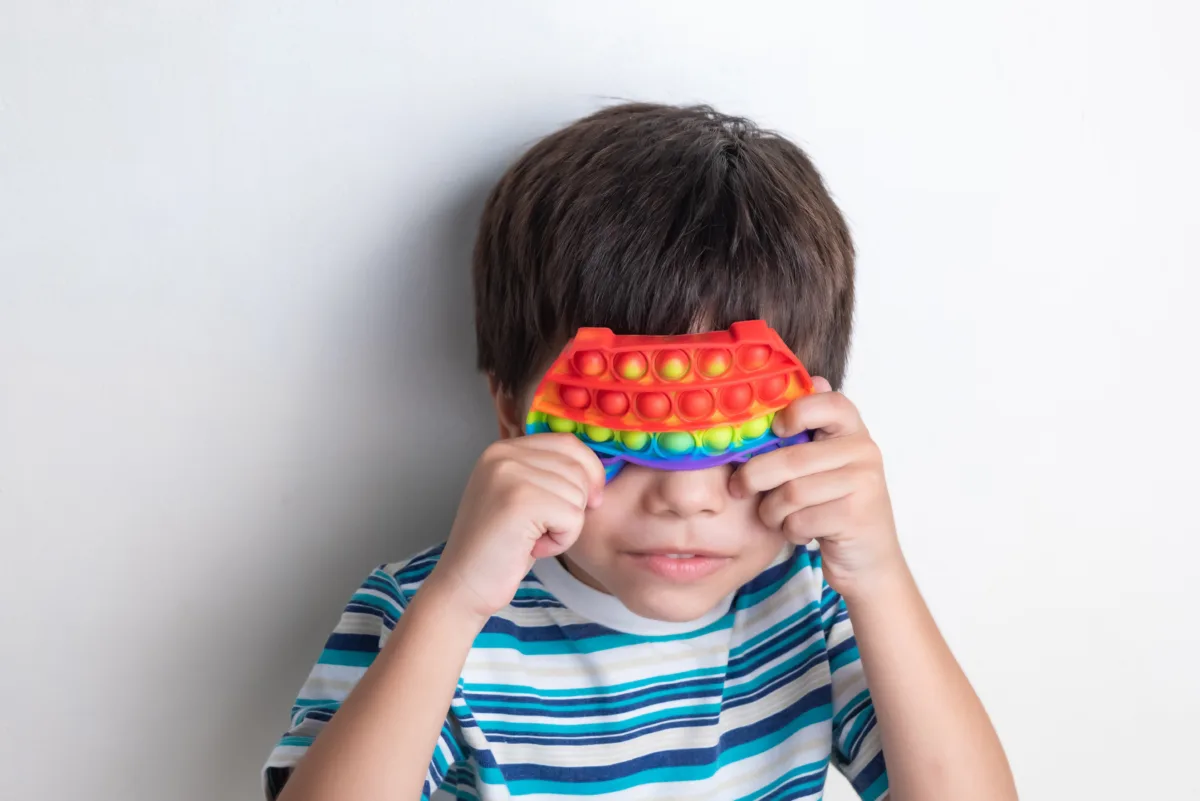
Anxiety In Children with Autism Spectrum Disorder
Anxiety disorders and symptoms are common co-occurring conditions in youth with autism spectrum disorders (ASD). Research on the prevalence and clinical characteristics of this condition has soared during the past decade. Autistic children feel many of the same worries and fears as other children. Autistic children might also worry or feel stressed about things that are less worrying for typically developing children. Often parents would misinterpret certain behaviours as the child’s tantrums and try to rectify these.
Children with ASD develop anxiety mostly due to the following reasons:
- Small disruptions to their routines or new sensations they feel in their bodies.
- Unfamiliar or unpredictable social situations.
- Situations where it’s hard to know what other people are thinking or feeling.
- Their own thoughts and feelings, especially unfamiliar or unpleasant physical symptoms that are related to worried thoughts and feelings.
Autism is neuro developmental, whereas anxiety is a mental-emotional. Still, the area of the brain involved in the expression of fear, called the amygdala, may play a role in comorbid anxiety and ASD.
Does your child have the following behavioural pattern?
- Always feeling on edge
- Fatigue
- Trouble with concentration and memory
- Irritability
- Muscle tension
- Uncontrollable worries
- Reduced amount or quality of sleep
Social and emotional factors may also contribute to anxiety. Autistic people may need support to learn how to read body language and other social cues. Sometimes these situations can make them feel overwhelmed and anxious.
You can help your child learn ways to calm down when they start feeling anxious or stressed.
At Jeevaniyam, we help children who has ASD and suffer anxiety with the help of ayurvedic protocols integrated with:
Cognitive Behaviour Therapy – This helps children develop skills to change their thinking in situations that make them anxious
Therapies And Supports – that use gradual exposure to help children face their fears
Social Stories – these can help prepare children for unfamiliar or stressful situations that generally make them anxious
Relaxation Training – to help your child learn to relax.
A few things that parents and care takers can teach the child to control anxiety are:
- Counting slowly to 10
- Taking 5 deep breaths
- Running around the yard 5 times
- Doing 50 jumps on the trampoline
- Looking at a collection of favourite or special things
- Reading a favourite book
- Closing eyes for a few moments
- Going to a quiet part of the house.
